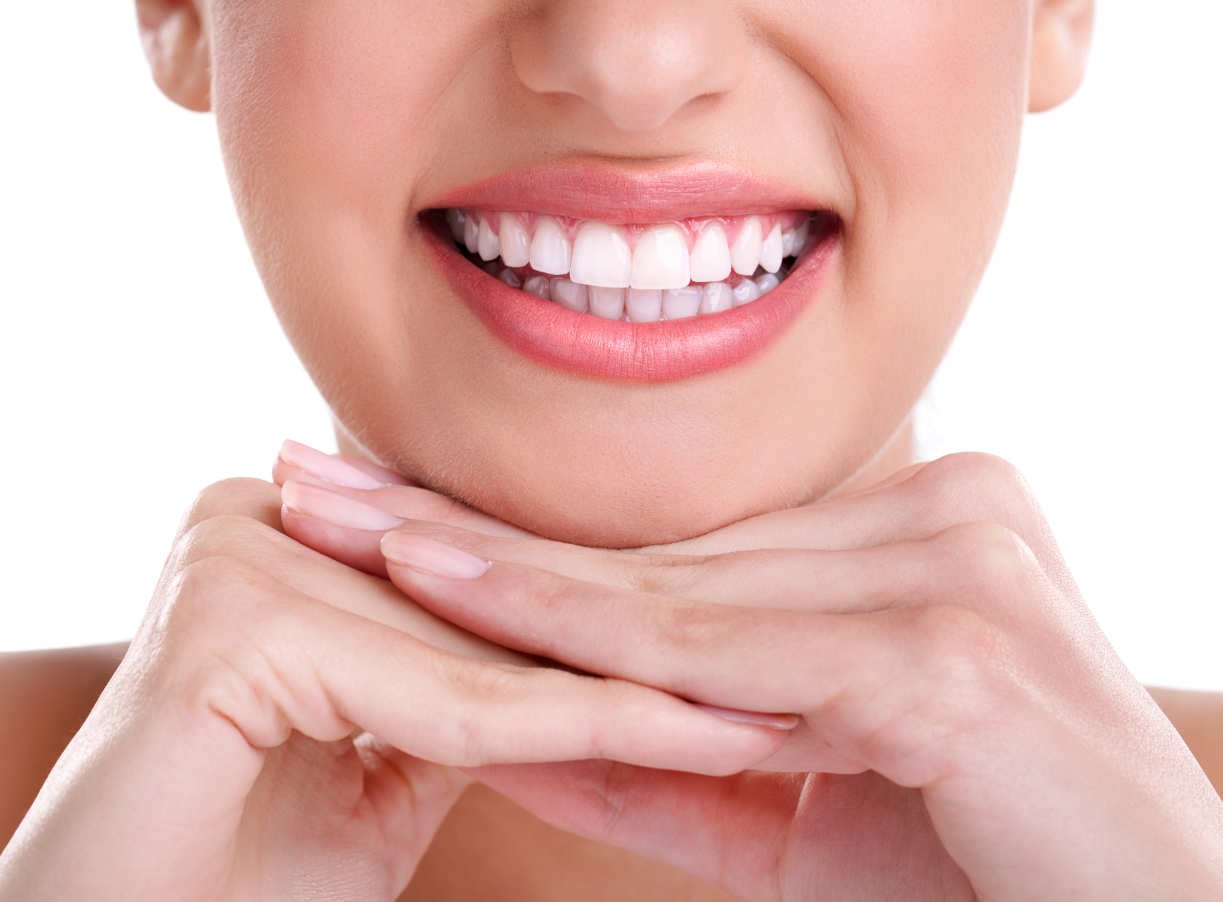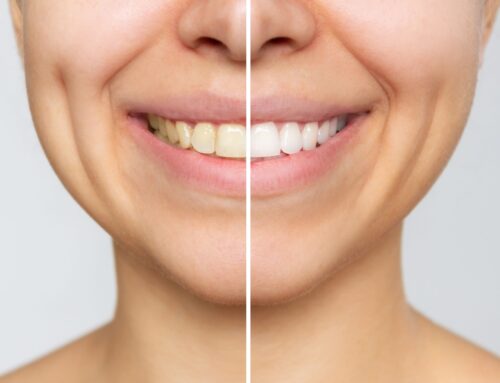Why Calcium is Essential for Dental Health
 Surely, you’ve been told to drink your milk because it contains calcium, which is good for your teeth. Chances are you’ve reminded your child of the same thing. Most people are aware that the calcium in dairy products is important for dental health, but they may not understand how or why it protects the teeth. Keep reading for a deeper exploration of the link between calcium and dental health.
Surely, you’ve been told to drink your milk because it contains calcium, which is good for your teeth. Chances are you’ve reminded your child of the same thing. Most people are aware that the calcium in dairy products is important for dental health, but they may not understand how or why it protects the teeth. Keep reading for a deeper exploration of the link between calcium and dental health.
How Does Calcium Protect Your Teeth?
Calcium is a mineral that largely plays a structural role in your body. It is a vital component of bone tissue and also of the hard, outer covering on your teeth called enamel. Without enough calcium, the bones grow weak and the teeth become softer and more porous. Calcium intake is especially important during childhood when the bones and tooth enamel are forming.
Additionally, calcium must be present in the mouth for your teeth to remineralize after being damaged or demineralized by acid erosion.
Obviously, calcium is important for strong bones and teeth. But calcium also plays another role in oral health: it works with phosphorus to produce saliva. Saliva contains calcium phosphate which helps neutralize acidic plaque
How Do Teeth Decay?
To understand how calcium protects your teeth, you first need to understand a little about how tooth decay occurs. When you eat, carbohydrate particles build up on your teeth. Oral bacteria eat these carbohydrates and secrete acids. Those acids damage your tooth enamel, leading to cavities. Getting the right nutrients will help ensure your child has strong tooth enamel.
The stronger your tooth enamel, the better it is able to resist these acid attacks. People who do not get enough calcium and therefore have weaker enamel are more prone to cavities. They may even develop hypocalcification, a condition in which the tooth enamel becomes thin, weak, and chalk-like. Hypocalcification is actually quite common in children and can affect both the baby and adult teeth.
The calcium in food isn’t absorbed in your stomach the way calcium in calcium supplements is. Instead, calcium in food travels through the body along with other nutrients, eventually ending up in your bone marrow. From there it gets transported to the teeth and incorporated into the enamel. So, calcium plays an important role in both skeletal health and dental health.
How Much Calcium Do You Need for Healthy Teeth?
The Food and Nutrition Board at the Institute of Medicine of the National Academies has established Recommended Daily Allowances, or RDAs, for calcium based on age. If you meet the RDA for calcium, you should have enough in your diet to keep your teeth and the rest of your body healthy. The RDAs for calcium are as follows:
- Children ages 0–6 month: 200 mg
- Children ages 7–12 months: 260 mg
- Children ages 1–3 years: 700 mg
- Children ages 4–8 years: 1,000 mg
- Children ages 9–18 years: 1,300 mg
- Adults ages 19–50 years: 1,000 mg
The need for adequate calcium begins in infancy. Babies who do not get enough are more likely to have weak, decay-prone enamel later on. If you are nursing your child, they should get enough calcium as long as you are consuming enough of the nutrient yourself. If you are not nursing your child, calcium-rich foods should be a part of your child’s diet starting at two years of age.
Using a nutrition calculator or nutrition app to track your own intake and your child’s intake over a few days is a good way to determine whether you’re meeting the RDA for this and other minerals. If calcium is a concern, you may want to speak with your doctor about calcium supplements.
What Are Some Good Food Sources of Calcium?
Dairy Products
Dairy products are notorious for being high in calcium. An eight-ounce glass of milk contains about 299 mg of calcium, which is about one-third of the RDA for a child between the ages of four and eight. Eight ounces of yogurt contains even more — about 415 mg — and 1.5 ounces of cheddar cheese contains 307 mg.
Fruits, Nuts, and Greens
However, dairy products are not the only good sources of calcium. Some other kid-friendly sources include fortified orange juice, beans, and almonds. Leafy greens, like spinach and kale, are also good sources of this tooth-protecting nutrient. While your child may not be too keen on eating them in a salad, you can add a handful or two to a fruit smoothie without changing the flavor too much.
Just make sure you offer fruit juices and smoothies in moderation since they can be quite high in sugar, which promotes tooth decay. Have your child rinse their mouth with water after drinking fortified orange juice or a smoothie. The quicker you get sugar out of the mouth and off of teeth, the less you will have to worry about tooth decay.
Meats
Eating meat is also good for your calcium intake. Three ounces of beef contains about 73 mg of calcium, while the same portion size of pork contains just over 50 mg. A serving of yogurt has 120 mg calcium per one cup, so if you are consuming dairy products on a regular basis, eating some meat on occasion will help provide more calcium without too much calcium from filling your child up.
Try Lots of Naturally Calcium-Rich Foods
In general, any calcium-rich food is a good source of this nutrient. In fact, a cup of calcium-fortified orange juice contains the same amount of calcium as a half-cup of milk or one slice of cheddar cheese. So if you’re not a fan of dairy, then fortified orange juice may be a good way to go for calcium and other nutrients.
Calcium-fortified foods and calcium supplements are not your only calcium sources. You can get calcium from calcium carbonate, calcium citrate, calcium lactate, calcium phosphate, and calcium gluconolactate. These ingredients can be found in products such as orange juice, yogurts, bread, and soy milk.
Dental Hygiene and Calcium
Good dental hygiene practices, like brushing and flossing, are important for your child’s oral health. However, you must also make sure they are getting enough of the right nutrients in their diet. If you have any questions about the role calcium plays in dental health, or if you would like to schedule a check-up and cleaning appointment for your child, contact Snodgrass-King Dental.





